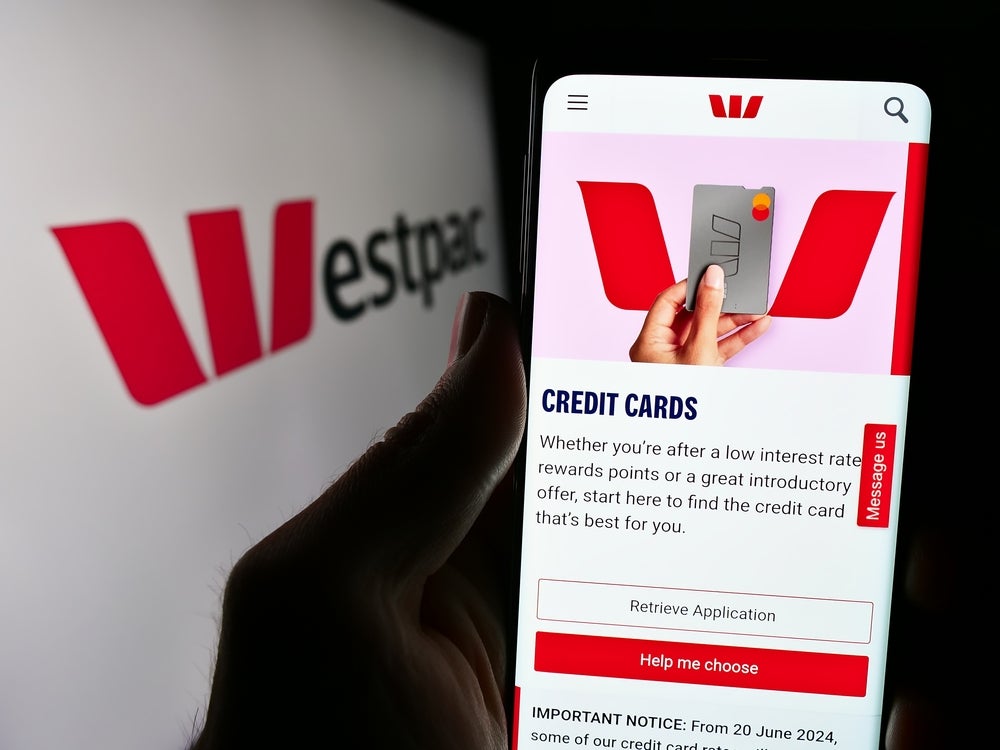consumers cut back spending on non-essential items in light of
rising prices and an unstable economy, according to a recent study
published by California-based Javelin Research and Strategy,
‘Credit Card Issuer Profitability In a Difficult Economy’.
The data in the report was compiled by Javelin from a sample panel
of 1,500 respondents across the US. According to the company, “the
current sharp decline in credit card spending challenges the
popular belief that Americans are charging basic goods in order to
sustain their quality of life”.
 The report looks
The report looks
at consumer behaviour in an attempt to analyse changes in spending
patterns and credit card usage as a result of the economic downturn
in the US. It noted that 37 percent of consumers said that they
were using their credit cards less, while only 10 percent claimed
that they were actually spending more.
Some 57 percent of respondents said that they are “more careful”
about their eating-out habits since the economic downturn, while 46
percent also noted that they now go out of their way to shop more
at discount superstores.
One other area that Javelin sought to explore was how credit card
issuers were responding to the economic woes.
With 28 percent of respondents claiming the credit crunch meant it
was becoming increasingly difficult to pay off their outstanding
credit card balances, card issuers are finding themselves
precariously balancing their business between cutting back on
customer acquisition amid the growing risk of defaults and the
ubiquitous imperative to maintain profitability.
How well do you really know your competitors?
Access the most comprehensive Company Profiles on the market, powered by GlobalData. Save hours of research. Gain competitive edge.

Thank you!
Your download email will arrive shortly
Not ready to buy yet? Download a free sample
We are confident about the unique quality of our Company Profiles. However, we want you to make the most beneficial decision for your business, so we offer a free sample that you can download by submitting the below form
By GlobalDataJavelin found that as well as consumers spending less on their
credit cards, issuers themselves are becoming increasingly edgy
about the market.
Nine of the 13 issuers that were contacted for the study confirmed
that they have pulled back their efforts to acquire new customers,
while eight have reduced customer credit lines.
The majority of the larger US players in the cards market have
continued to report losses for this segment this year, such as
American Express, JPMorgan Chase and Citi.
According to the study, over half of the financial institutions
surveyed have suffered losses that are attributable to the current
economic conditions brought on by the subprime lending meltdown or
other crises (see pie chart above).
“Even at some institutions that haven’t suffered losses directly
attributable to the economic downturn, cardholder acquisition and
the entire make-up of the credit card portfolio is being altered
based on pressures felt at the institutional level,” the report
says.
This is a clear sea change in the attitude of the major card
issuers in the US. Previously, many of these institutions sought to
minimise risk by spreading it out over the largest number of
consumers possible.
However, with both consumer spending and confidence currently
taking a beating, some issuers are taking a pre-emptive
approach.
Wells Fargo recently began sending letters to some of its customers
it believes may be at risk of defaulting, offering to set up
automatic payments, design a repayment plan or even connect them to
a consumer credit counselling service.
“Helping our customers succeed financially is incorporated in
everything we do – whether our customers are establishing credit,
building credit or managing and protecting their credit.
“When our customers succeed, we succeed,” said Wells Fargo
spokesman Chris Hammond.







